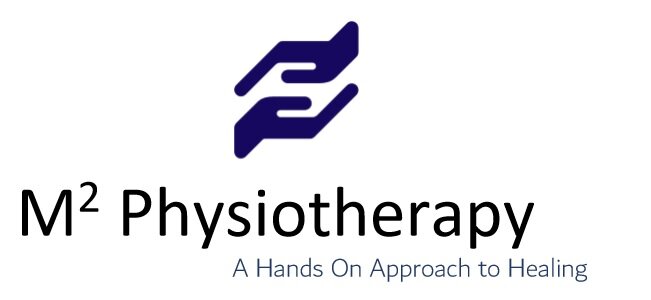Can sleep affect my jaw pain?
By Punam Hills PT, DPT, OCS
It has been well documented that adults need 7-9 hours of sleep to function optimally. When the amount or quality of sleep is compromised, it has been shown to have deleterious health effects including cardiovascular disease, depression, obesity and other chronic diseases. What happens during sleep that makes it so important? How is this related to my jaw pain? What can I do to help myself sleep better so I can feel better?
A night of sleep can be divided into three phases. The first is deep sleep, in which tissue growth and repair take place allowing healing to happen. During deep sleep, your brain is also sifting through the day, retaining what needs to be kept in long term memory and getting rid of the junk it doesn’t need.
The second stage of sleep is REM or rapid eye movement, which is a lighter sleep. During this time, the body regulates learning, memory and mood.
The final stage of sleep is where mental recovery and healing happen. When you wake up before completing the last stage of sleep, you may be comprising long term health.
You may be asking, how does this relate to my jaw pain? This tissue that surrounds your jaw can be remodeled and repaired. If you aren’t getting proper sleep, healing cannot happen as quickly. Sleep also helps to regulate mood and stress levels. When stress levels are high, it has been shown to contribute to nighttime bruxism or clenching, a known contributor to TMJ dysfunction.
When you get better sleep, you are setting yourself up for success with your jaw pain recovery. The first step to getting better sleep is to have a sleep hygiene routine. Having a regular nightly routine lets your body know it needs to wind down and get ready for a good night’s sleep. Key factors for sleep hygiene include
· Consistent bedtime and wake up time
· Limited screen time 30-60 min before bed
· Performing relaxing activities before bed including meditation, stretching or reading
· Sleeping in a cool, dark, and quiet environment
People often attribute high stress levels to poor quality or quantity of sleep. Exercise is a known stress reliever and can contribute to better sleep, particularly when you get outside to expose yourself to sunlight during the day. Deep breathing can also help with relaxation and decreasing stress levels. Performing a box breathing technique where you inhale for a count of four, hold for a count of four and exhale for a count of eight can help promote relaxation and improved ability to fall asleep.
The information may seem overwhelming, but the takeaway is that you can do something to improve your sleep and your symptoms. Although it’s easier said than done, improving sleep can improve multiple areas of health. Instead of trying to change everything at once, try focusing on one aspect of sleep hygiene to help improve your sleep.
If you’re having difficulty knowing where to start, our team can help problem solve where to begin with your sleep routine and manage your jaw pain. Give us a call when you’re ready to get started.
References:
The Temporomandibular Joint: Evidence-Informed Physical Therapy Management. (2021). In Current Concepts (4th Edition). Academy of Orthopaedic Physical Therapy.
Williamson, Laura. (2023, March 16). What happens when we sleep and why we need just the right amount each night. Heart.org. https://www.heart.org/en/news/2023/03/16/what-happens-when-we-sleep-and-why-we-need-just-the-right-amount-each-night
